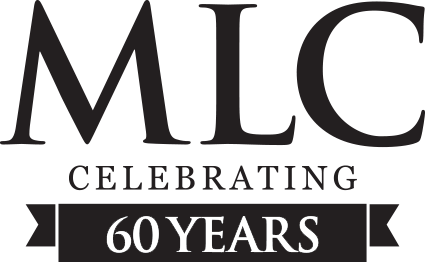A study outlining the impacts and recommendations for addressing growing demand for electricity was submitted to the legislature. As requested by the Senate in 2020, the Michigan Public Service Commission studied the potential grid impacts from expanded integration of distributed energy resources (DER), electric vehicles, and other electrification trends, how those impacts could change grid design and operation, and the costs and benefits.
The study lays out a series of recommendations, including:
-
- Improving utility hosting capacity maps, which show areas where grids can take additional distributed generation, and data available to support DER integration. The recommendations include consideration of substation-level statistics on load, the ability to export or download data, and the ability to display data on geographic information systems (GIS) maps, while also protecting customer data and privacy.
- Changing the vocabulary and appearance of publicly accessible hosting capacity maps to make them clearer to customers and DER developers. Using color coding similar to that used by utilities in other states would help with identifying areas with high, moderate, or little existing hosting capacity.
- Exploring establishing a minimum level of electric service available to all residential customers, which would in turn ensure that the electric distribution grid could accommodate DERs and EVs; the adoption of which may require customer service panel upgrades for older residential homes. These upgrades could be costly for residential customers and may also require commensurate upgrades on the utility side of the meter. Ensuring equitable access to DERs and EVs will require leveraging federal programs and other funding sources.
- Investigating the costs and best practices for automating hosting capacity maps so that the maps are updated on a more regular basis.
- Developing successor distributed generation tariffs and direct current fast charging (DCFC) EV charging tariffs, recognizing the influence that rate design can have on these matters.
To read the full study, please click here.








